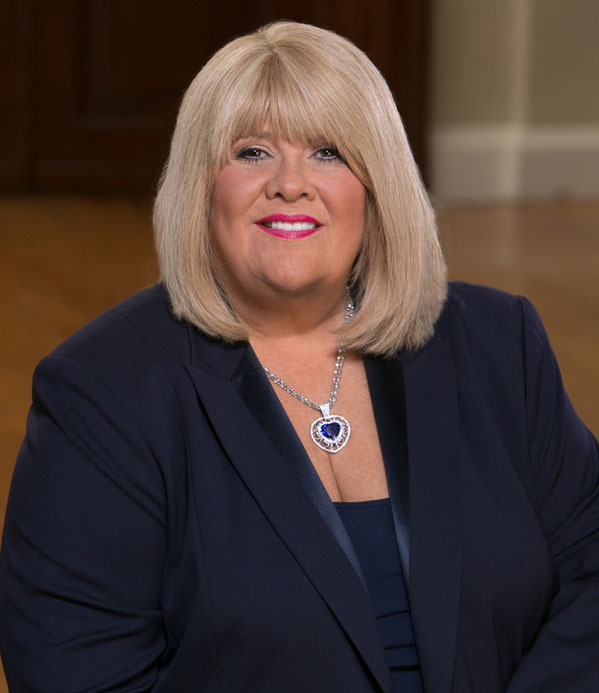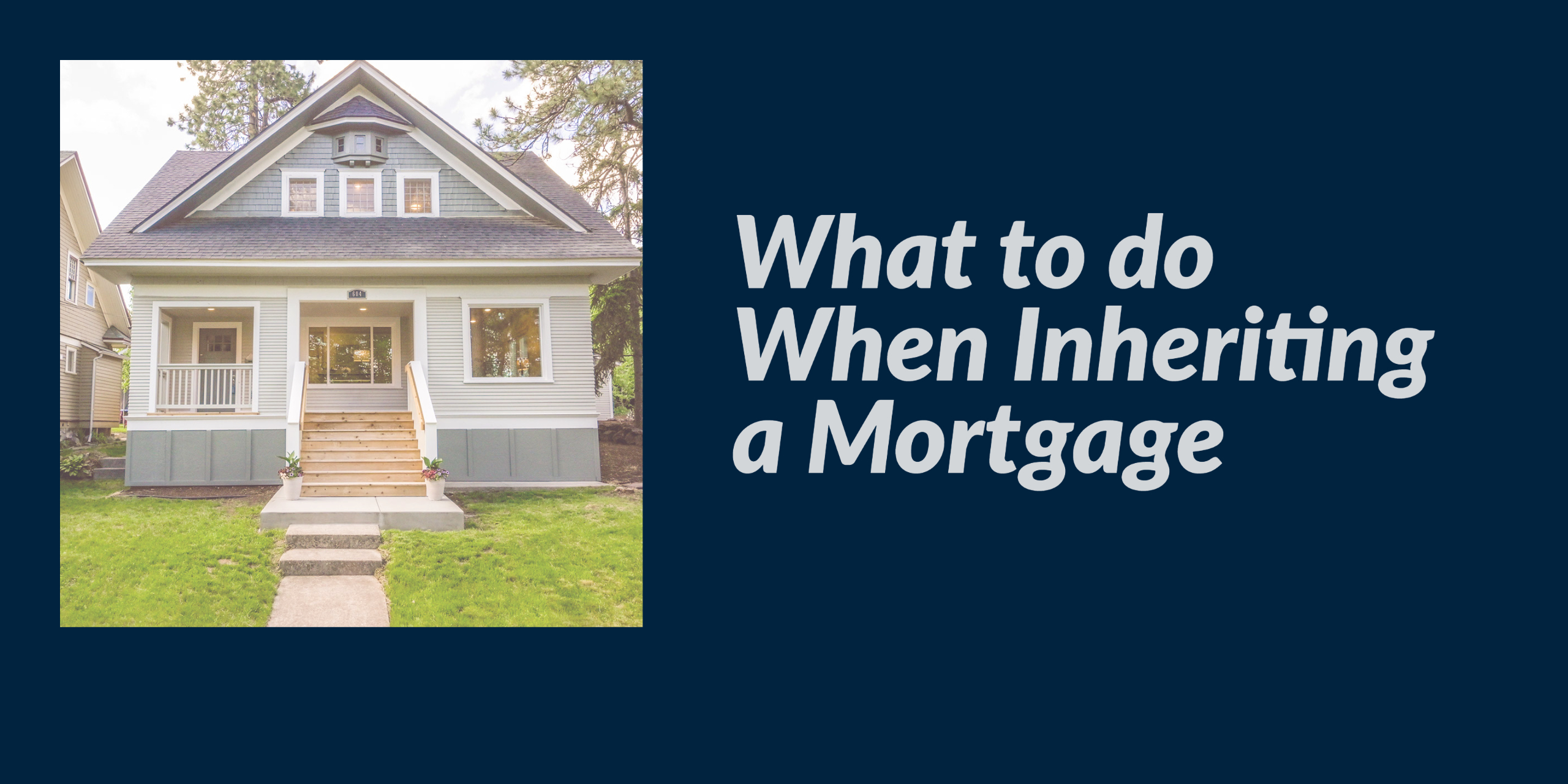You are heir to a house — hurray! But wait! There’s a mortgage on the property. What are your options? You have three options in this situation, two of which are relatively simple: You can sell it to pay off the mortgage and keep the rest of the money as your inheritance or you can keep it and pay off the mortgage with a lump-sum payment.
The third option is more complex, although not nearly as complex as financing a home on your own. You can take over the loan and become responsible for the mortgage payments. You do not have to go through an application process to do this. As an heir, you can be named the borrower without having to go through the normal loan approval process, which would require you to get your own financing.
Many wills contain standard language requiring all debts to be paid at death. This does not normally include any mortgage held by the decedent, but the provisions can be complex and there may be exceptions. Work with qualified professionals to make sure the law applies in your situation.
Another common situation is inheriting a house with a reverse mortgage. You’ll need to pay off the reverse mortgage if you want to keep the property, although the heirs often just sell the property to pay off the reverse mortgage and keep what’s left over.
What’s right for you?
To be sure that you’re making the right decisions, start by figuring out both the home’s value and the outstanding mortgage. If you inherited the home along with other heirs, all the homeowners should get together to discuss options. Would everyone be happy keeping the home as a rental or vacation property? Or do one or more heirs want to get the equity out of it without spending funds on the mortgage?
What if the mortgage is more than you can afford? You can consider the possibility of refinancing at a lower rate and longer term if your credit and financial situation allows you to do so. After all, you may also have a mortgage on your primary residence.
There are other expenses you’ll need to take into account to make sure keeping the house is financially feasible:
- Any renovations that might be necessary.
- Yard upkeep.
- Roof and exterior maintenance.
- Replacing or repairing appliances and other systems in the house.
- Property taxes.
- Heating and air conditioning.
- Insurance.
On the other hand, there may be assets that go with the house, such as jewelry, art and furniture, that no one wants and that can be turned into cash to help pay off the mortgage. Once you’ve taken a full accounting of the finances, you’ll be in a better position to make a decision.
Source: HomeActions


